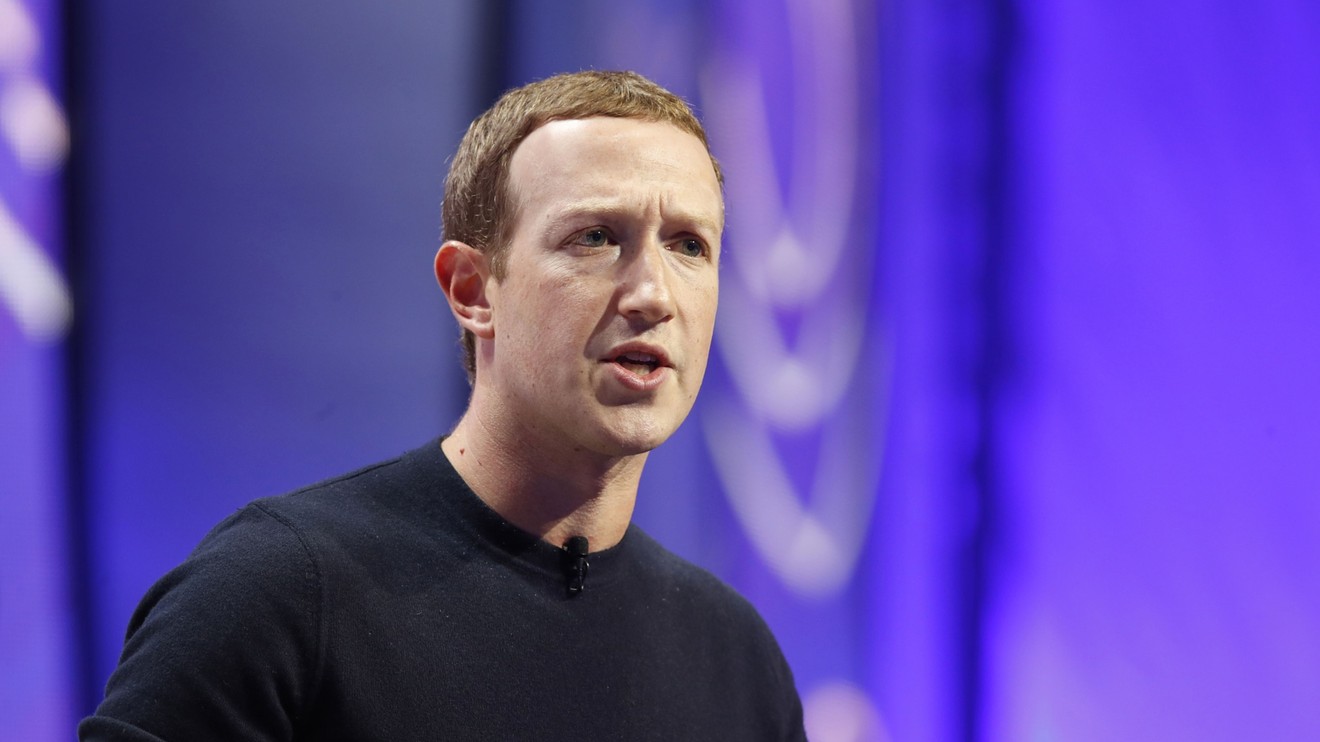superchuck500
U.S. Blues
Offline
Despite Twitter historically granting Trump far more latitude with violations of Twitter terms of service than average members would get, a recent tagging of a Trump tweet with Twitter's fact-checking tool enraged the president. He announced yesterday that he will take retribution via executive order seeking to remove statutory legal protections in place for social media companies, and instructing his executive agencies (the FCC an DOJ) to formulate plans to take legal action against social media companies for "political bias."
A draft of the order has been released . . . and it is troubling to say the least.
According to analysis, the order will "reinterpret" a key provision of the Communications Decency Act (Sec. 230) that previously protected social media companies for responsibility for the content on their sites. That section works by declaring that social media companies are not "publishers" of the content posted by third-party account holders (members) - and it is statutory. The Trump order apparently also instructs the FCC to create regulations to make this new "interpretation" of Sec. 230 actionable against social media companies. In addition, the order apparently instructs the FTC (which is not an executive agency) to report to Congress on "political bias" in social media - and to consider using the reinterpreted Section 230 to bring actions against social media companies for political bias.
Apparently the order also instructs DOJ to work with state AGs to determine what state laws may be used against social media companies for political bias.
So yep, a Republican president is attempting to restructure the statutory framework that has allowed American social media companies - which are private business by the way - to grow into corporate giants without having to be answerable in court for the content posted by their members. And will do so based on the notion that private business should be held to some standard of political neutrality.
Further legal analysis will be needed, but it seems highly suspect on several important grounds (including the fact that Section 230 is statutory and is very explicit - it's not subject to rewrite by executive order). More importantly this idea that "political bias" can be defined and made actionable by federal agencies against private companies seems a patent violation of the First Amendment.
A draft of the order has been released . . . and it is troubling to say the least.
According to analysis, the order will "reinterpret" a key provision of the Communications Decency Act (Sec. 230) that previously protected social media companies for responsibility for the content on their sites. That section works by declaring that social media companies are not "publishers" of the content posted by third-party account holders (members) - and it is statutory. The Trump order apparently also instructs the FCC to create regulations to make this new "interpretation" of Sec. 230 actionable against social media companies. In addition, the order apparently instructs the FTC (which is not an executive agency) to report to Congress on "political bias" in social media - and to consider using the reinterpreted Section 230 to bring actions against social media companies for political bias.
Apparently the order also instructs DOJ to work with state AGs to determine what state laws may be used against social media companies for political bias.
So yep, a Republican president is attempting to restructure the statutory framework that has allowed American social media companies - which are private business by the way - to grow into corporate giants without having to be answerable in court for the content posted by their members. And will do so based on the notion that private business should be held to some standard of political neutrality.
Further legal analysis will be needed, but it seems highly suspect on several important grounds (including the fact that Section 230 is statutory and is very explicit - it's not subject to rewrite by executive order). More importantly this idea that "political bias" can be defined and made actionable by federal agencies against private companies seems a patent violation of the First Amendment.
Last edited:

